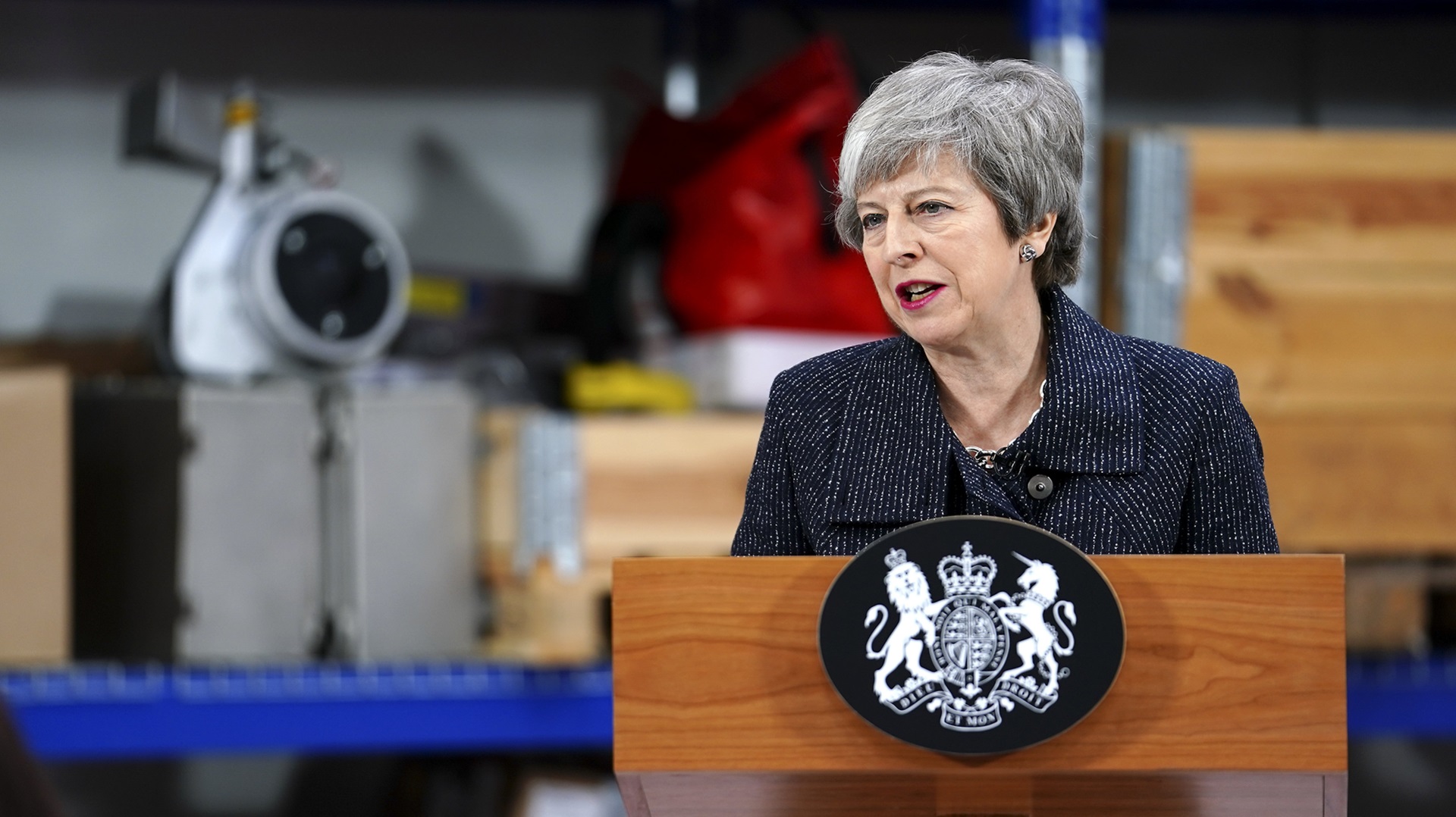Johnson was in charge throughout the Covid pandemic before being replaced by (albeit briefly) Liz Truss. Her disastrous spell in 10 Downing Street gave way to Rishi Sunak who looks likely to lead the Tories into a general election in the second half of 2024. Will no-fault evictions still be in place? It’s difficult to say.
There have been nine housing ministers
The chopping and changing in Westminster is likely one of the reasons why it has taken so long to deliver on the promise to scrap no-fault evictions for good.
Lee Rowley is the current housing minister. It’s his second time in the role, accounting for two of the nine appointments since 2019.
Rowley has lasted five months in the role after being appointed in November 2023. It marks him out as something of a veteran over the last five years.
30,031 households have had their home repossessed in the courts after a no-fault eviction notice
A no-fault eviction allows landlords to evict a tenant without giving a reason at just two months’ notice. It’s considered a significant driver of homelessness as the short notice period often leaves a tenant with a race against time to find a new place to live.
In the last five years, 30,031 households have had their home repossessed in civil courts under the accelerated procedure – another name for a no-fault eviction – according to Ministry of Justice figures.
Advertising helps fund Big Issue’s mission to end poverty
Not every eviction notice served leads to an eviction through the courts. Some tenants will opt to leave themselves or find a new place to live. So many more tenants have been affected by a no-fault eviction in the last five years.
Rents have risen significantly
The private rented sector has changed in the last few years too with rents rising significantly.
According to the Office for National Statistics, the monthly median rent in London was £1,420 in April 2019 but rose to £2,035 by February 2024. That’s a 43% increase, which is far in excess of inflation and increases in earnings.
It’s a similar story around Britain. In fact, in the year up to February 2024 rents rose 8.8% up to £1,276 a month in England, 9% to £723 in Wales and 10.9% to £944 in Scotland where no-fault evictions have already been abolished.
Theresa May’s announcement was the same day the Notre-Dame cathedral caught fire
The then-prime minister’s announcement didn’t hog all the headlines back in April 2019: it was the same day the iconic Notre-Dame cathedral in Paris, France, caught fire.
It took two years for workers to clear the wreckage of the fire before reconstruction work could begin, costing an estimated £134m to make the site safe and another £500m to painstakingly restore the exterior and interior burned so badly in the blaze.
Advertising helps fund Big Issue’s mission to end poverty
Notre-Dame cathedral is set to reopen to the public on 8 December whereas a date for no-fault evictions to be scrapped is still to be determined.
Who’d have thought fixing an almost 700-year-old cathedral would be quicker than reforming the private rented sector?
Someone You Loved by Lewis Capaldi was No.1. He’s had four more chart-topping songs since
Lewis Capaldi came shot to fame to spend seven weeks at number one with Someone You Loved back in 2019.
It’s fair to say he’s packed a lot in since. He’s secured four more number one songs, released two albums, had a Netflix documentary, graced the cover of the Big Issue and taken time out for a mental and physical health break after stealing hearts at Glastonbury when his Tourette’s syndrome appeared to affect his set.
Do you have a story to tell or opinions to share about this? We want to hear from you. Get in touch and tell us more.









